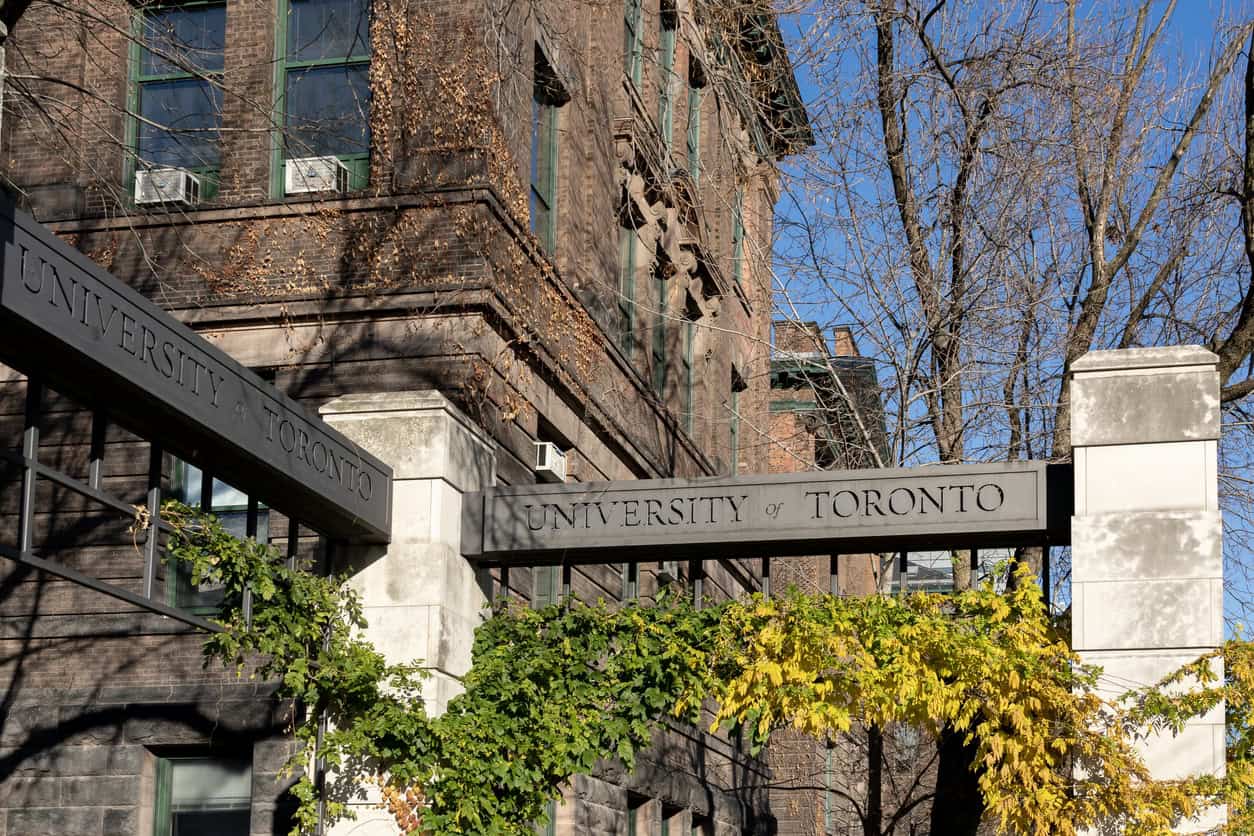Q&A with Luke Gall, music education alumni and co-founder of Ultimate Drill Book | Penn State University
Luke Gall, who received a bachelor of music education degree from Penn State in 2014, is the co-founder of Ultimate Drill Book. Credit: Penn State. Creative Commons
UNIVERSITY PARK, Pa. — Penn State College of Arts and Architecture alumnus Luke Gall studied euphonium while pursing his degree in music education in the School of Music under Velvet Brown, David P. Stone Chair, professor of tuba and euphonium. He later went on to co-found Ultimate Drill Book, an arts technology company building innovative platforms for performance, education and engagement. UDB’s products are used by hundreds of thousands of educators and students around the world every day.
Now an award-winning performer and entrepreneur, Gall spent time at Penn State in the spring as a judge for the College of Arts and Architecture’s 2025 Arts Business Idea Competition and took time to talk with the college about his time at the University and career as an entrepreneur.
My brother and I founded Ultimate Drill Book in 2010. I spent a lot of time working on UDB from my dorm room at Penn State, and I went full-time in 2016 after completing my master’s degree at the University of Texas. Today, UDB has 28 employees located around the world.
We’re located in the heart of Austin, Texas, on the east side of downtown — super close to great barbecue, coffee and of course, tacos! We’ve recently expanded our footprint and will be more than doubling the size of our headquarters in 2025.
Penn State is a supportive place that helps you learn how to navigate a big world. The University offers an abundance of transformational educators and opportunities, which is a game-changer.
Do you have a dream? There’s a program to help you get started. Need funding for an idea? Resources are available. Looking for guidance? Some of the world’s best minds are right on campus.
Penn State prepared me for my career by opening my eyes to the fact that opportunities are everywhere — you just have to go after them.
If you want to succeed in the arts, you must have the entrepreneurial spirit.
Even if you take a job — say, as a band director — you have to operate with an entrepreneurial mindset. You need to build community with parents and students, manage large budgets, set goals and help others achieve them.
Being in the arts world isn’t just about being creative — it’s about being resourceful. The earlier students can learn those skills and develop that mindset, the earlier they’ll find success in their field.
The business idea competition was a huge success. From the moment I began reading the business plans in the preliminary round, I could feel the passion each student poured into their idea.
The live rounds were exhilarating — it was exciting to hear pitches from the students while having the opportunity to get to know them, ask questions and chat about their ideas. It all happens in about 10 minutes, and it flies by.
Having been on the other side of that experience, I can say firsthand how difficult it is to sell an idea and then defend your plan in front of judges or investors. The students were well-prepared and rose to the occasion.
I see a lot of promise in this generation of arts entrepreneurs. These students have grown up with the world at their fingertips, and they have the opportunity to carve out a unique place for themselves. More than ever, this younger generation is proving they are capable of global impact.
You’ve been a regular visitor to Penn State, what keeps you coming back?
LG: The ice cream! Just kidding — but not really …
Walking around the Penn State campus, it’s impossible not to feel inspired — students and faculty are moving with such purpose and energy. The world of Penn State is big, but each corner of campus has its own personality and purpose, fully on display.
Coming back is a reminder that inspiration doesn’t always have to come from something profound — it can come from simply being in a special place. Penn State has always been — and always will be — a special place.
A&A: What piece of advice can you give to students in the arts as they begin their career?
LG: As musicians, we are taught how to practice — which is essentially doing something over and over again. We often call this a “rep,” short for repetition. Once you do something enough times, you learn how to do it right. But that’s just the first step. The real goal is to do it right so many times that you can’t get it wrong.
My advice? Do another rep. Most hurdles can be overcome by trying again and again. Of course, there’s nuance to this advice, but sometimes it takes a thousand repetitions before you truly get it right. You just have to be willing to put in the reps.
A&A: What does being a Penn Stater mean to you?
LG: Being a Penn Stater means belonging to a community that chose to be part of something greater than ourselves. I’m one of many who saw the scale and possibility of Penn State and chose to lean in.
Penn State put me on a path that made me feel confident in my ability to make a real difference. To leave campus carrying that spirit is, to me, the essence of being a Penn Stater.








:max_bytes(150000):strip_icc()/Keke-Palmer-Jonathan-Majors-062725-9b2d6e2e0689494f8675dfe603520209.jpg)

:max_bytes(150000):strip_icc()/Jesse-Eisenberg-on-Modern-Family-062425-e173e5ebfc474b8d9af07d6840e8808c.jpg)